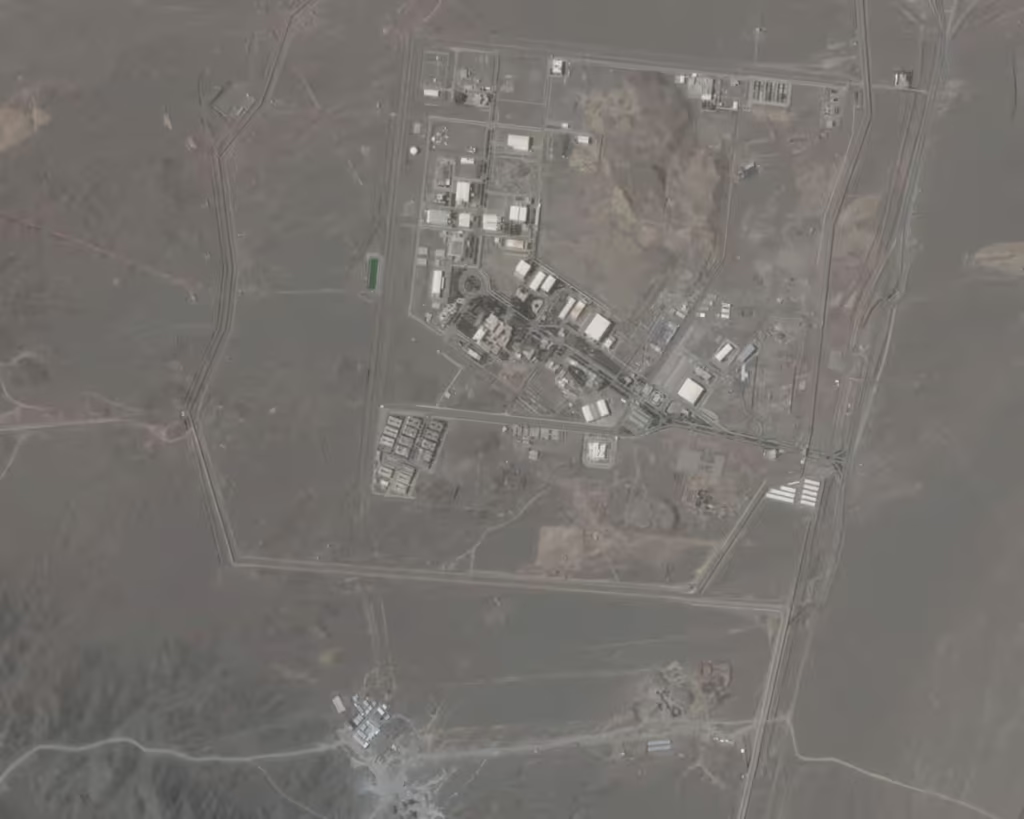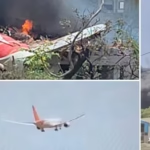Overview
In a high-stakes escalation that has gripped global attention, Israel attacks Iran in what officials describe as a decisive preemptive strike against Iran’s nuclear and military infrastructure. The large-scale operation, code-named “Operation Rising Lion,” marks one of the most significant direct military confrontations between the two nations.
Key Developments
🔥 Israel’s Operation: “Rising Lion” Unleashed
- Israel attacks Iran using dozens of fighter jets targeting nuclear sites and command centers deep inside Iranian territory.
- Key Iranian targets struck include:
- The Natanz nuclear enrichment plant
- Revolutionary Guard bases in Tehran, Isfahan, and Shiraz
- Missile depots and radar installations
- Israeli officials stated the strike was preemptive, aimed at eliminating what they consider an imminent nuclear threat.
“Israel will not tolerate a nuclear Iran,” said Defense Minister Yoav Gallant. “This operation was defensive in nature and executed with precision.”
🇮🇷 Iran’s Response: “Declaration of War”
Following the Israel attack on Iran, the Iranian government issued an emergency response:
- Supreme Leader Ayatollah Ali Khamenei condemned the strike, calling it a “declaration of war.”
- The Islamic Revolutionary Guard Corps (IRGC) launched rapid-response mobilization.
- Iran has closed its airspace and warned of retaliation across multiple fronts.
“This aggression will trigger a war of proportions Israel has never seen,” said an IRGC commander.
🇺🇸 U.S. Reaction: Caution and Deterrence
The United States distanced itself from Israel’s actions but is monitoring the situation closely.
- Non-essential personnel are being withdrawn from U.S. bases across the region.
- American forces remain on high alert in Iraq, Syria, and the Persian Gulf.
- Washington reiterated its support for Israel’s right to self-defense, while urging restraint.
“The U.S. was not involved in the planning or execution of this operation,” said Secretary of State Antony Blinken.
🌍 Global Repercussions
- Oil prices jumped by over 6% within hours of the Israel attack on Iran.
- Airspaces over Iraq, Jordan, and Kuwait were closed amid regional alert.
- Global airlines, including Emirates, Lufthansa, and British Airways, are rerouting or canceling flights to the Middle East.
The United Nations Security Council has scheduled an emergency session to address the situation and urge de-escalation.
🔍 What’s Next?
The Israel attack on Iran has raised fears of a broader regional conflict, potentially involving proxy forces in Lebanon, Iraq, Syria, and Yemen. Experts warn of:
- Immediate missile retaliation or drone strikes against Israeli cities or strategic assets.
- Hezbollah and other Iranian-backed militias launching coordinated attacks on Israel’s northern and southern fronts.
- A possible cyber offensive targeting Israeli infrastructure or Western interests in the Gulf.
📢 Final Thoughts
As Israel attacks Iran in its boldest military move in years, the global community watches with growing concern. While Israel frames the action as a preemptive defense, Iran views it as a trigger for full-scale retaliation. The coming hours will likely define the trajectory of the Middle East for years to come.
Stay connected for real-time developments and analysis.



